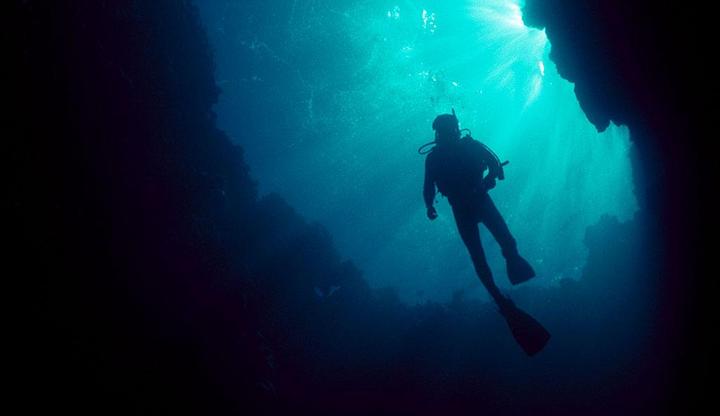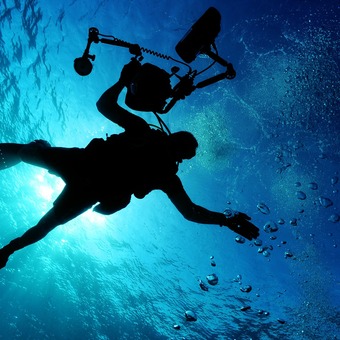Dive
Seven-tenths of the worlds’ surface is covered in water. The pressure changes encountered by divers far exceed those seen in any above-water activities, and can lead to a variety of potentially life-threatening disorders, including decompression illness, inert gas narcosis and oxygen toxicity. Survival and productive work in the harsh conditions of the subaquatic milieu has been made possible by study of the human responses to the underwater environment; pushing the limits of diving in the recreational, commercial and breath-hold spheres requires an ever-deeper understanding of the cardiovascular and respiratory physiology involved.
Hyperbaric oxygen therapy (breathing oxygen at increased partial pressure) has been shown to beneficial in numerous conditions, eg. radiation damage to bowel and bladder, poorly healing wounds, carbon monoxide poisoning and gas gangrene. Further study is needed to clarify the potential for this treatment.
People
Projects
TBC
Publications / Media
TBC







